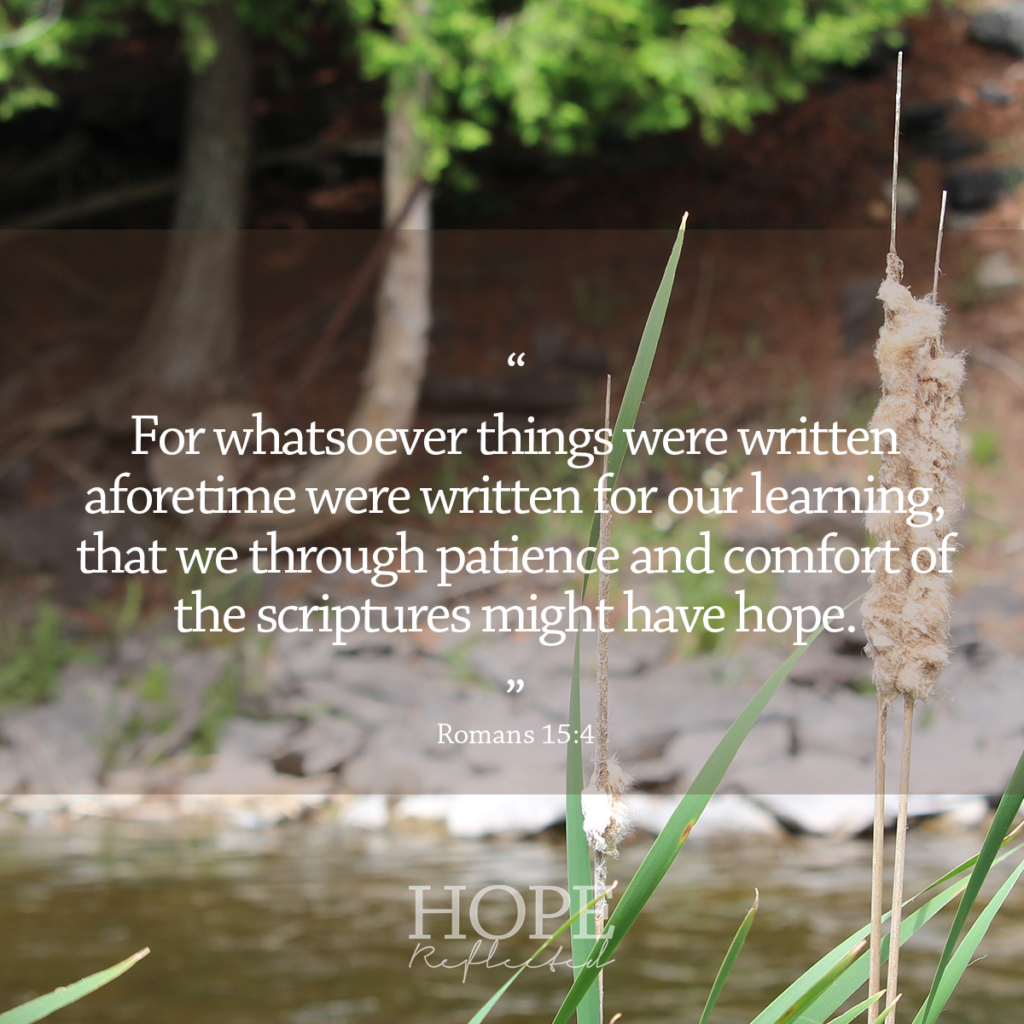Selective Hearing
Written by H, Posted in Christian Living, Published Work
A.W. Tozer wrote in his book The Pursuit of God that, “Most Christians don’t hear God’s voice because we’ve already decided we aren’t going to do what He says.” Each of us is guilty of selective hearing at some point or another. Only listening for the answer that we want to hear. But what about with God?

Do not stop listening
Many of us go through seasons where it seems as though we can’t hear God’s voice. During these seasons, it is of utmost importance that we do not stop listening for Him, and that we continue to pursue God through His Word and prayer. “I press toward the mark for the prize of the high calling of God in Christ Jesus,” Paul wrote in Philippians 3:14. Unless we are appealing to Him daily, how can we ever hear His call? The high calling of God is heard through the voice of Christ, and we hear the voice of Christ in His Word.

Even when it seems that we can’t hear Him, that is the precisely the time that we need to apply our faith and keep pursuing Him. In his letter to the Romans, Paul encouraged them that, “faith comes from hearing, and hearing through the word of Christ.” (Romans 10:17). James continued on his eponymous epistle, “But whoso looketh into the perfect law of liberty, and continueth therein, he being not a forgetful hearer, but a doer of the work, this man shall be blessed in his deed.” (James 1:25).
Be willing to obey
We aren’t merely to look into our Bibles, we need to continue to read them regularly, and apply and obey what God’s Word says. This is where many of us slip up. We complain about not hearing God’s voice because we are not willing to obey Him. We wonder why we can’t hear His answer to us asking, “What do you want me to do?” and “Where would you have me to be?” instead of obediently continuing on in the small things right in front of us.

Jesus Himself said, “Yea rather, blessed are they that hear the word of God, and keep it.” (Luke 11:28). We shouldn’t be surprised or complain that we can’t hear Him if we are continually excusing ourselves for not having time to go to the very place where He promises to speak to us. For those who are daily in His Word and still say they can’t hear Him, the quantity of our devotional time may not be the problem. “Whether I hear God’s call or not depends on the condition of my ears,” Oswald Chambers wrote in My Utmost for His Highest. The quality of our devotional time suffers when we leave our sin lingering. When it seems as though we can’t hear God, we should always ask ourselves if there is some unconfessed wrong of which we need to repent. If we’re being honest, it is likely that we won’t have to look far to find it.
“Whether I hear God’s call or not depends on the condition of my ears,”
Oswald Chambers, My utmost for His highest
Are we listening only for what we want to hear, or are we drawing near to God in the small and hard work, where He promises to draw nigh to us? (James 4:8).













![False friends or counterfeit kindness; whatever you want to call it, the world is filled with people who will say one thing to your face and then another behind your back; people who will woo you in order to get something from you.
It’s sad, but it’s true.
The Bible provides us with examples from Joab to Judas, and yet, we’re surprised when we find ourselves deceived and hurt by someone else.
So what are some of the hallmarks of a true friend?
You can read more about this on hopereflected.com [Link in profile]
.
.
.
#friends #friendship #kindness #counterfeitkindness #hurt #proverbs #truefriends #hopereflected #blog #blogpost](https://www.hopereflected.com/wp-content/plugins/instagram-feed/img/placeholder.png)